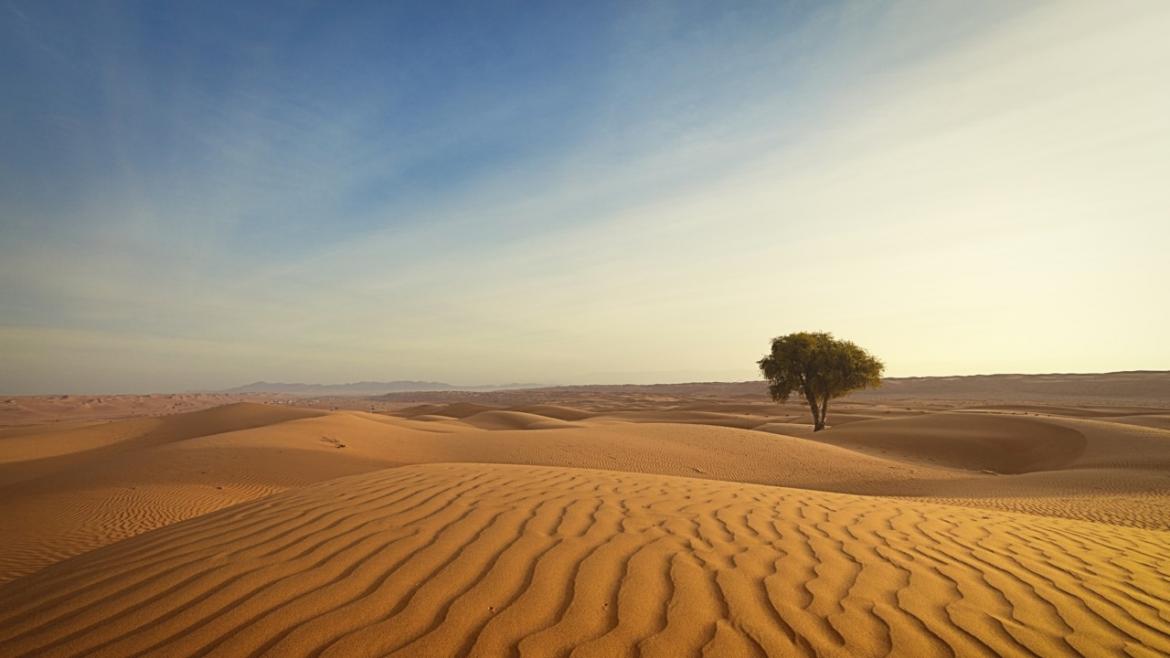Holidaymakers are looking to get away from it all – to Oman on remote luxury desert safaris, family-run lodges in Alaska and fine sandy Philippine beaches
Many holidaymakers are looking to make a change to their travel plans in 2019 and find destinations that offer something a little different – away from the traditional options

‘Second choice’ travel
Whether it’s a result of “Capacity Crunch” or “FOMO Fatigue”, today’s forward-thinking travellers are shunning the major, well-known holiday locations.
Instead they are choosing places that are smaller, less shouty, but still along the same lines as their more commercial counterparts.
Rather than following the regular tourist trail to Barcelona, other Spanish cities such as Seville and Valencia are gaining interest.
Bordeaux, the wine capital of France, is drawing the flash-pack away from Paris.
In Japan, crowds are heading towards spiritual and scenic Nikko instead of Kyoto.
Meanwhile, the Philippine island of Boracay has the stunning island resorts of El Nido hot on its tropical heels.
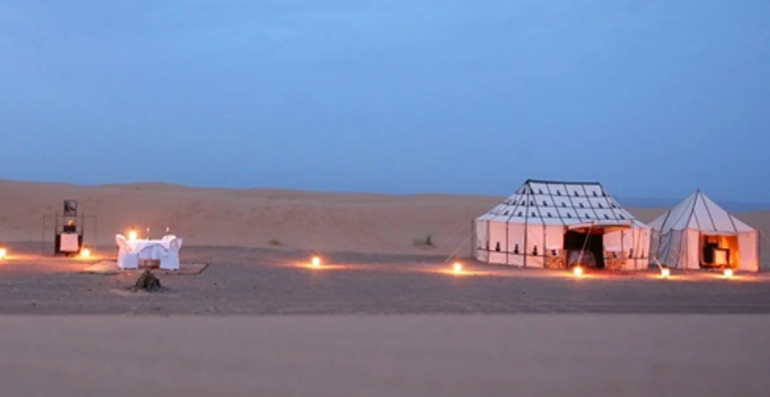
Desert storming
While hardy adventurers will never tire of Arctic and Antarctic expeditions, taking off to sandy expanses for extreme landscapes and mystical thrills is set to become increasingly popular.
Try dune bashing, quad biking and a camel safari in the otherworldly deserts of Oman and Morocco, which are filled with diverse plant and animal life, a captivating silence and luxurious desert camps.
Trek Chile’s Atacama Desert with its salt flats, lagoons and indigenous villages.
Alternatively, you could combine sand boarding with wildlife watching (especially the rare, desert-adapted black rhino and cheetah) in the Namibian desert.
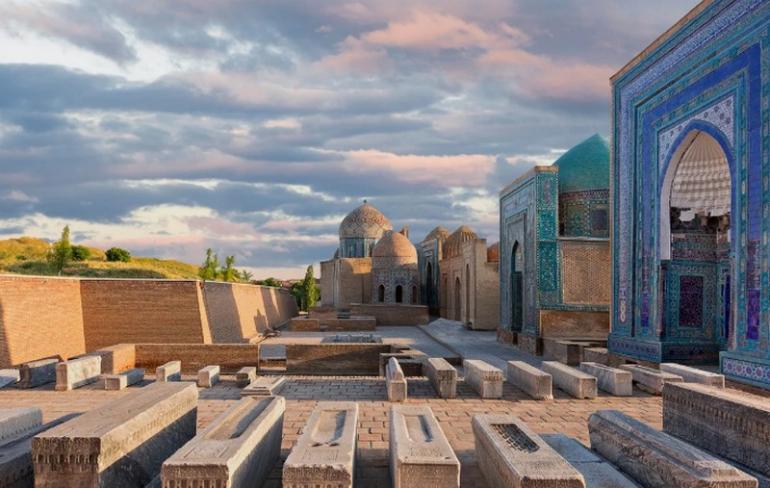
Uzbekistan, which is now easy to visit, offers unspoilt charms including stunning architecture, such as 14th-century mausoleums, mosques and madrassas. Photo: Shutterstock
Uzbekistan’s on the up
Uzbekistan used to be a tricky destination to visit because of a stressful visa system that included letters of introduction, interviews and exorbitant costs.
Today, new reforms make travelling to the country much easier and 51 nationalities can now simply log onto the new e-visa option and start packing.
Make it through the airport and you’ll be met with 14th-century mausoleums, mosques and madrassas in every possible shade of blue … oh, and did we mention the vodka?
Also, after a three-year ban, social media is now permitted so happy snappers can post images of endless ceramic tiles, Soviet-style architecture and starry skies for all to see.
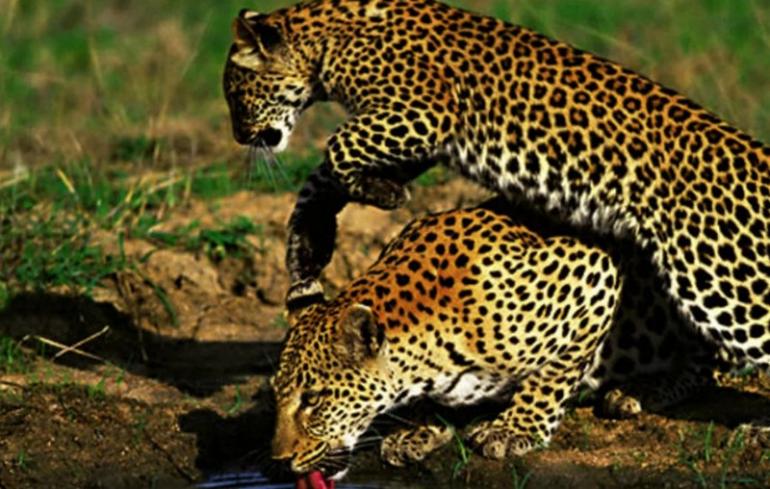
Family-owned properties
There is an increasing desire among travellers to feel connected to destinations by choosing to stay in family-owned properties.
In Sabi Sands Game Reserve in South Africa, the fourth generation of the Varty family welcomes guests to Londolizi Tree Camp.
Owned and operated by them since 1926, this is a place to witness amazing wildlife, enjoy hearty meals and fit into local life.
Over in Alaska you can join chef Kirsten Dixon, her outdoorsman husband Carl, and their grown children at Winterlake and Tutka Bay Lodges.
Hike, fish, spot bears and embark on helicopter adventures before getting comfortable at your home-from-home.
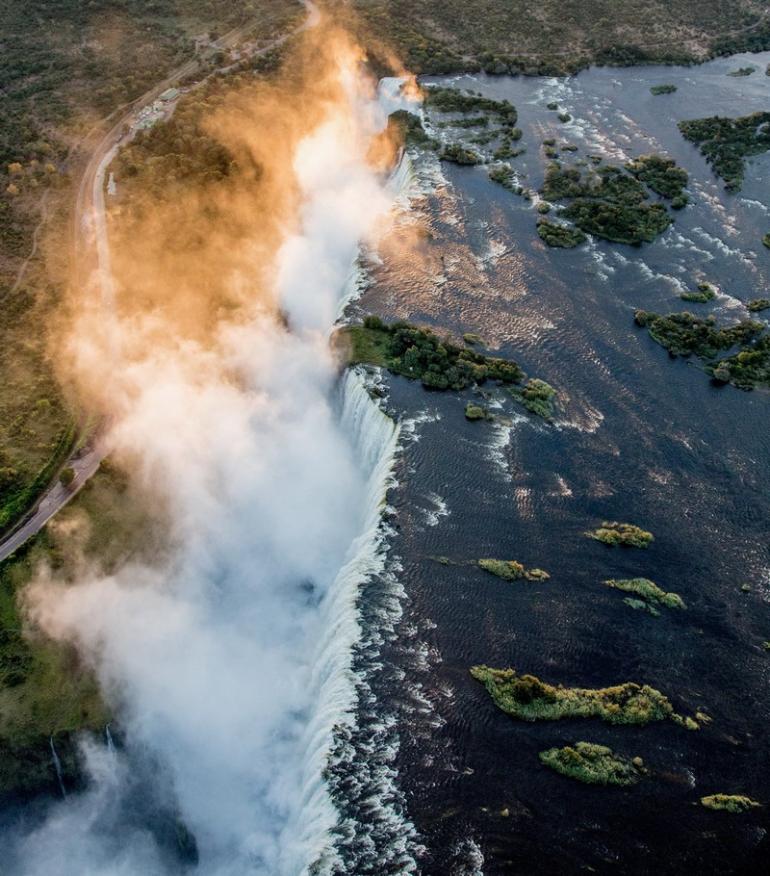
A feeling of fulfilment
The past year has been all about experiential travel; holidays that immerse you in a local culture and way of life.
Next year there will be more focus on what you can achieve as a person through your travels, as opposed to what you can get out of the community.
Escaping to seek out new and fulfilling experiences that produce an “achievement” or allow you to fulfil a goal will be big business.
The choice is yours, but we recommend climbing Mount Kilimanjaro, riding with gauchos in Patagonia or flying by microlight over the Victoria Falls, on the Zambezi River, which separates Zambia and Zimbabwe.
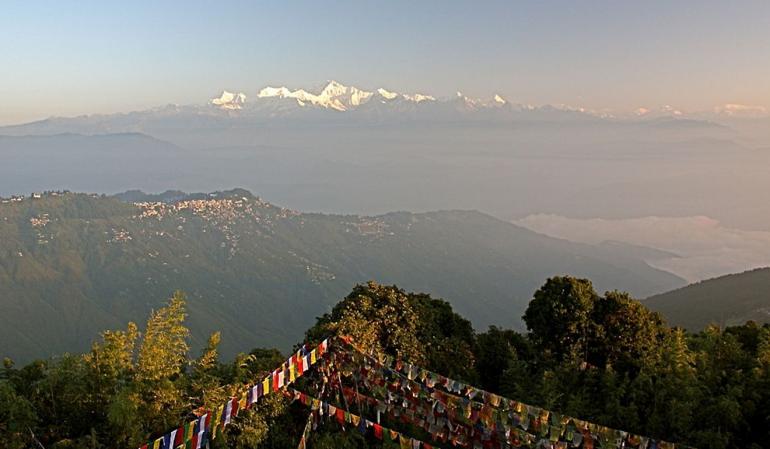
Escapist landscapes
Destinations that are off-the-beaten-track will always be trending, but in 2019 travellers will be not be driven by the fact that such spots are difficult to reach, but rather that they are wild, remote and isolated once you arrive.
In our hyper-connected world, it is almost impossible to escape from contact with technology and to switch off mentally when you go on holiday.
Travellers will be attracted to places that offer space, serenity and the opportunity to completely “disconnect” because they have no other choice.
Ethiopia, Sossusvlei in the Namib Desert, and India’s mystical Ladakh region will be where it’s at.
Note – This story was originally published on SCMP and has been republished on this website with permission.
